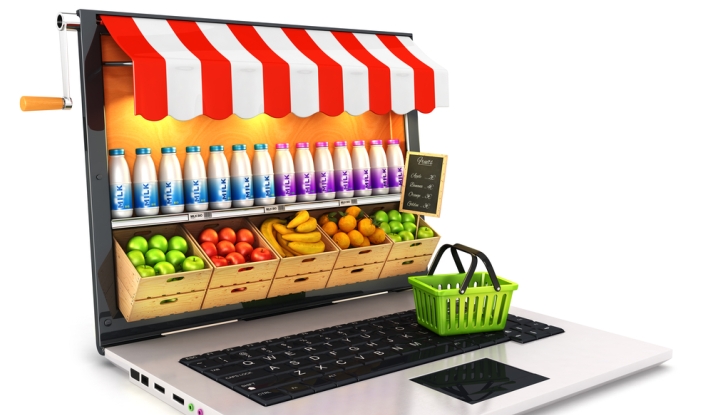
Reports this week that Taobao, China’s largest online retailing platform, plans to roll out an online supermarket and that Walmart is about to launch a website for its Sam’s Club stores in China made me a little nostalgic.
During the dot-com bust a decade ago, some of the most spectacular flameouts were startups that tried to sell groceries over the Internet. You may remember those brightly painted Webvan delivery trucks that, for a brief time before the company went bankrupt, hustled six packs of Bud Light and bags of frozen corn to the homes of online shoppers in major U.S. cities.
Here in Hong Kong, iconoclastic publisher Jimmy Lai tried to steal grocery money from dominant local supermarket operators Hutchison Whampoa Ltd. and Jardine Matheson Group by launching an e-commerce sales and delivery service called Admart. After it failed, Lai admitted he misread the market. ”The Internet craze got me,” Lai told a Businessweek reporter at the time.
Taobao officials say they see an online supermarket as a way to make e-shopping, which currently accounts for less than 4% of total retail spending in China, a mainstream way of consumption.
While it remains uncertain whether most consumers want to buy everyday comestibles over the Internet, online supermarkets today may have a better chance of succeeding because the logistical challenges of warehousing and delivering low-margin, high-volume merchandise – the stuff you’ll find on supermarket shelves – are better understood than they were 10 years ago.
A good example of this is Diapers.com, a private U.S. e-tailer that is profitably delivering nappies and other infant-related products to American parents via its high-tech, robot-enabled warehouses. Even the godfather of B2C, Amazon.com, is operating an online grocery store called AmazonFresh in its home market of Seattle, Washington.
Taobao is saying little about its supermarket plans – about all that’s known publicly is that on Oct. 18 the company held a “partner recruitment event” in Shanghai that was attended by consumer products giants including P&G, Unilever, Coca Cola and Pepsi. But Taobao’s parent, Alibaba Group, clearly recognizes that if online retailers are to effectively compete with bricks-and-mortar stores in China, it’s crucial to improve the efficiency and reduce the costs of back-end delivery networks.
According to an Oct. 20 Reuters story, Alibaba Group plans to invest heavily in China’s fragmented logistics market, aiming to build 32 distribution centers in China within the next two years.
This is an important move. In a recent analysis of China’s e-commerce market, Deutsche Bank called logistics in China “underdeveloped,” stressing that getting the goods to customers quickly and at low cost will be a key comparative advantage going forward. You can’t hope to run a successful business by charging $5 to deliver a $2 bag of potato chips. “Only those companies with a mastery of logistics as part of their core value proposition will succeed in China’s e-commerce race,” bank analysts wrote.
Several of Taobao’s competitors appear to understand that delivery systems will be an important differentiator as the playing field becomes more crowded. Hong Kong-based Internet and media company Tom Group in August announced it was launching a Chinese B2C site in partnership with China Post. And what does the mainland’s post office – an institution not known for its Internet savvy – bring to the party? A nationwide network of 46,000 post offices, 56,000 delivery vehicles and 17 cargo planes. Not sure about robots, though.



-小图.jpg)
